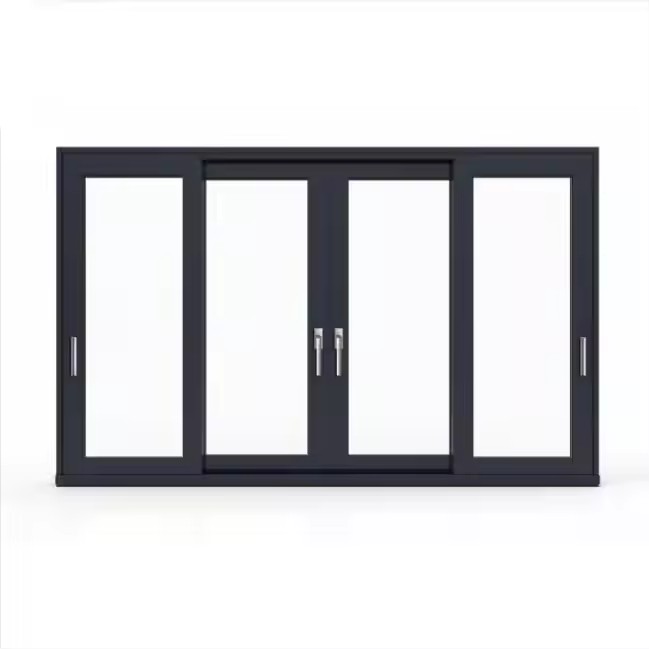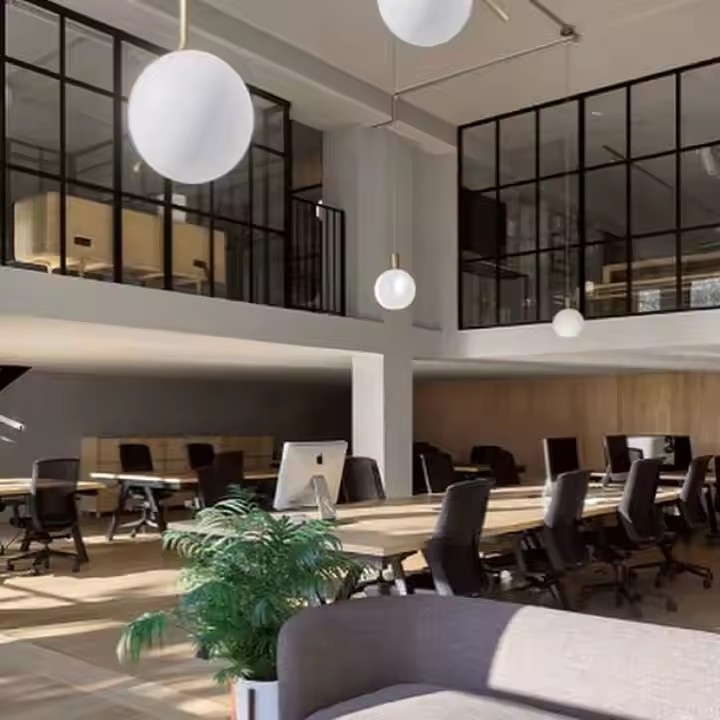Controlling production costs is a challenge faced by every factory, as they need to maintain quality while finding ways to save costs for greater profits. You can approach this from several angles, such as negotiating with material suppliers, ensuring the quality of raw materials, and considering alternatives to raw materials with innovative options. There are many ways to save costs, but generally, it boils down to two aspects: labor and materials.
Labor refers to effective management during the production process to minimize labor costs and increase efficiency; materials focuses on choosing cost-effective materials for producing folding doors. If you have a demand for folding doors or want further consultation, you can contact Dingtou Door and Window Industry Co., Ltd. via WhatsApp at +8613809889264.
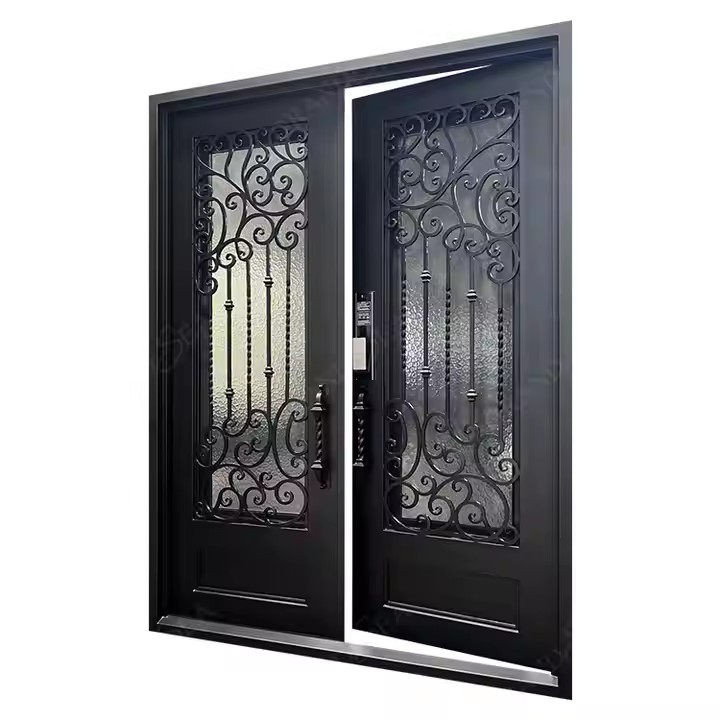
Supplier Management and Negotiation
In the early stages of folding door production, manufacturers should seek multiple reliable raw material suppliers and establish long-term, stable partnerships. By negotiating annual or bulk purchasing contracts with suppliers, they can aim for more favorable prices, payment terms, and delivery times. It’s important to understand the basic information clearly and agree on prices, as both parties are looking to maximize their profits. During price negotiations, use some negotiation techniques, such as establishing rapport first to evoke empathy from the other party, and then discussing specific price matters. Additionally, signing long-term contracts with aluminum suppliers ensures a stable supply of aluminum profiles, and as purchase volumes increase, requesting a proportional discount is advisable. Regularly evaluate suppliers, considering not only price but also product quality, supply stability, and after-sales service. Eliminate suppliers with poor quality or service, and choose more cost-effective partners. If your company has limited funds, focus on selecting suppliers that offer better value for money based on your immediate goals.
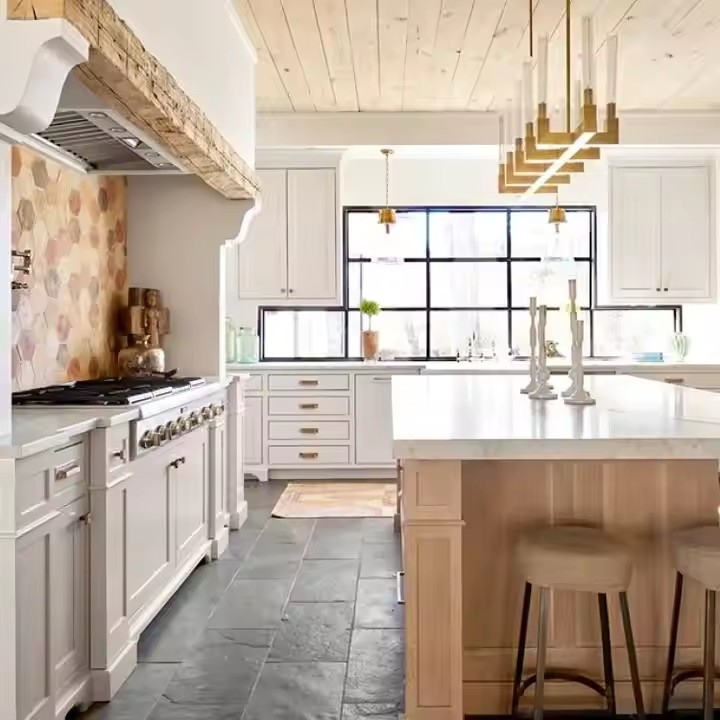
Quality Control of Raw Materials
Controlling the quality of raw materials is crucial, as it directly affects the overall presentation of the folding door products. Ensure that the quality of raw materials meets product requirements while avoiding excessive pursuit of high quality that may increase costs. The factory should have a clear positioning for the quality and standard of folding doors—whether targeting mid-high or mid-low end— and should align its goals accordingly to avoid unnecessary expenses. For the profiles of folding doors, set precise quality standards and select aluminum with appropriate strength and material to guarantee basic performance while avoiding higher grade materials that could inflate costs. Precise targeting can enhance overall production efficiency and establish standards and specifications for folding door products. Implement a raw material inspection mechanism to prevent increased waste due to quality issues. For instance, when receiving glass, carefully check its flatness, strength, and light transmittance to avoid using substandard glass, thus reducing waste during production.
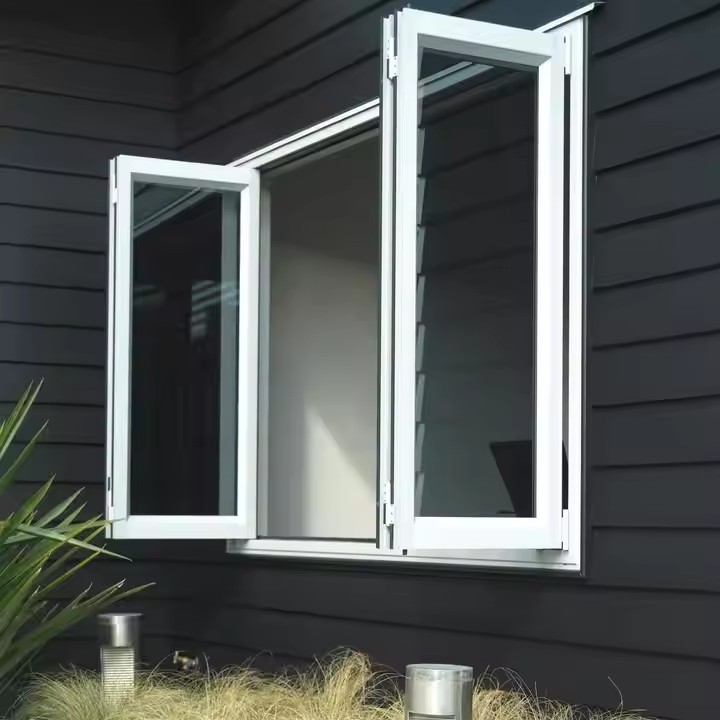
Material Substitution and Innovation
To further optimize costs for folding doors, consider innovating or substituting raw materials by researching lower-cost alternatives. For example, look for cheaper filling materials that can replace some expensive soundproofing and thermal insulation materials while ensuring the appearance and performance of the folding doors. High-quality, lower-cost filling materials can significantly reduce overall costs. Focus on innovations in material technology, utilizing new, more cost-effective combinations of materials. For instance, new plastic composite materials could be used in some non-load-bearing components of the folding doors, lowering costs while potentially providing other advantages such as reduced weight and easier processing. Since glass itself adds weight, if new techniques or materials can be applied to the glass, this could lead to a larger market.

Production Process Improvement
Cost savings can also be achieved by improving production processes, particularly in terms of labor efficiency. Conduct a detailed value stream analysis of the folding door production process to eliminate unnecessary production steps and waiting times. For example, adjusting the production layout to minimize the transportation distance for raw materials can reduce labor and time costs. If glass cutting and profile processing are originally in different workshops and far apart, rearranging related processes to adjacent locations can enhance production efficiency. Introducing advanced production management systems, such as lean production concepts, allows for precise control of the production process. Tools like Kanban management can help reasonably schedule production tasks, reduce inventory buildup and overproduction, and lower inventory costs and capital occupancy. In the assembly process for folding doors, gathering the relevant assembly departments together minimizes transport time and streamlines processes, thus improving production efficiency. Enhancing the overall production process creates a positive feedback loop, accelerating order fulfillment and allowing for quicker production of subsequent orders.
